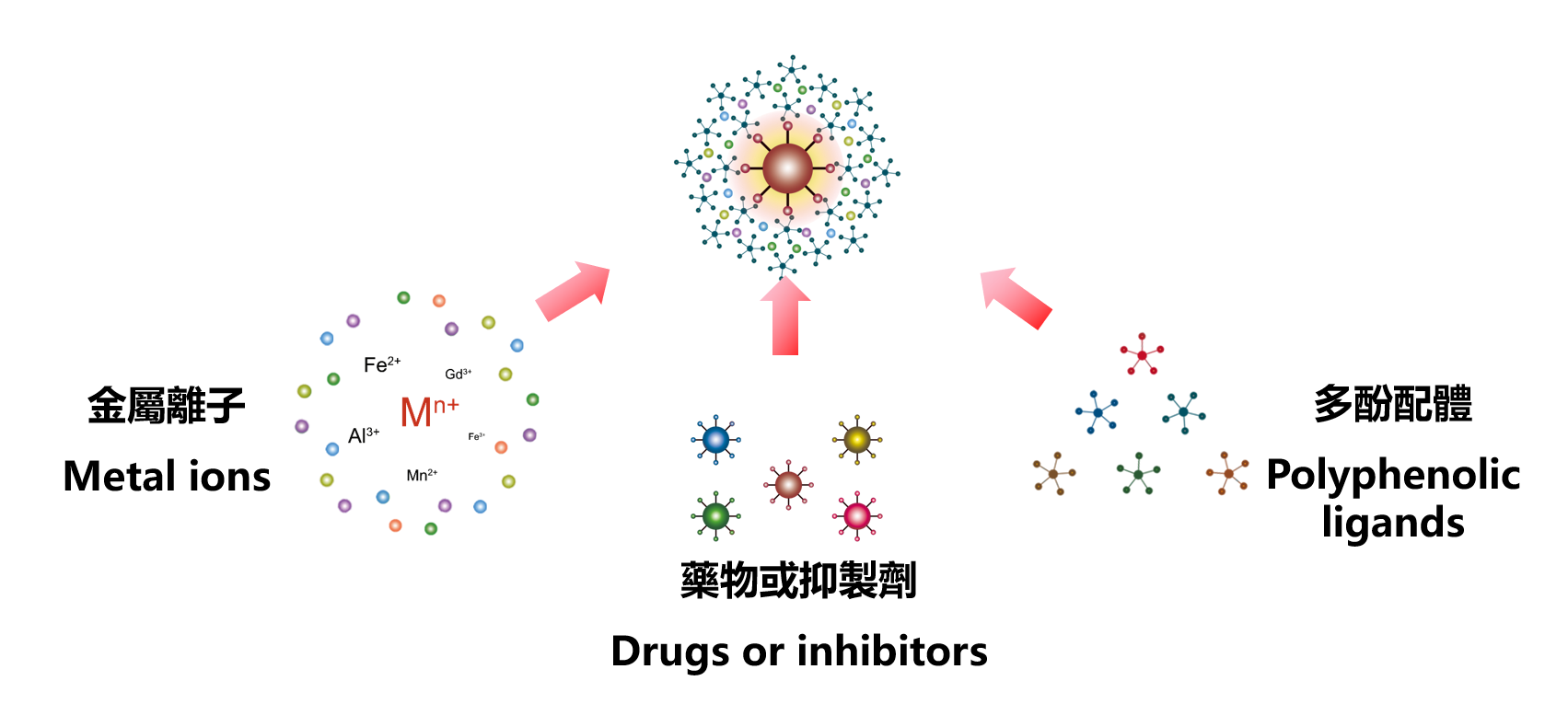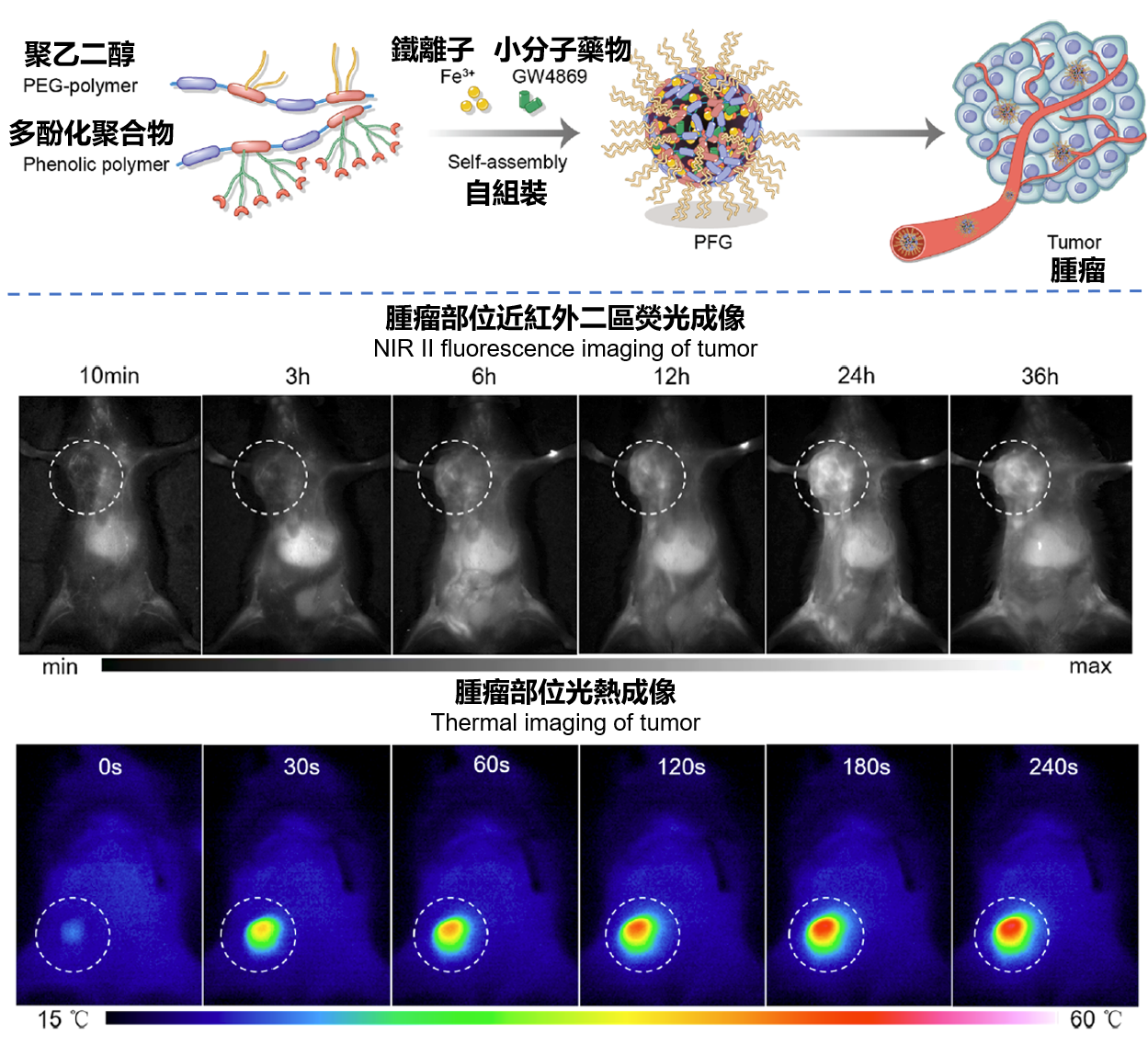The Fabrication of Metal-Phenolic Coordination Biomaterials and Its Application in Anti-Tumor Therapy
Dai Yun Lu
University of Macau
Cancer remains the leading global health threat, and the dynamic changes in the tumor microenvironment severely limit the effectiveness of cancer treatments. The complexity of the tumor microenvironment not only impairs drug delivery efficiency but also creates barriers that hinder immunotherapy, significantly compromising therapeutic outcomes. This project introduces an innovative approach to the modular assembly of metal-polyphenol coordination biomaterials, designed to tailor multifunctional biomaterials to the specific pathological features of the tumor microenvironment. These materials can effectively deliver drugs to tumor sites and enable precise stimuli-responsive drug release, overcoming challenges such as poor targeting and unstable drug release of small molecules and thus improving the efficacy of anti-tumor treatments. The research findings, published in international academic journals, have garnered extensive citations and highly positive comments from numerous scholars. The development of metal-polyphenol coordination biomaterials provides a new direction for anti-tumor therapy, with significant implications for cancer prognosis assessment and molecular target research, contributing to the advancement of biomedical research in Macau.

Fig 1 Modular assembly strategy of Metal-polyphenol coordination biomaterials

Fig 2 Using photo-activated metal-polyphenol coordination materials for tumor theranostics.



